


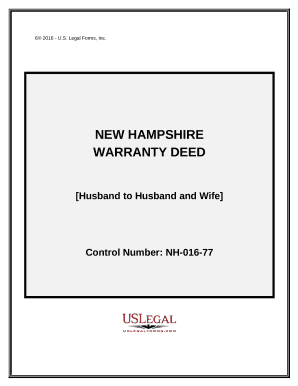

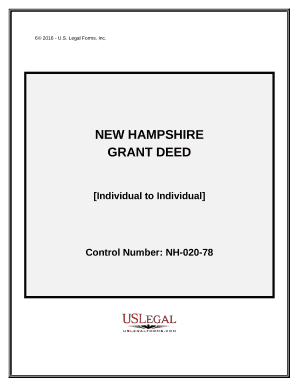
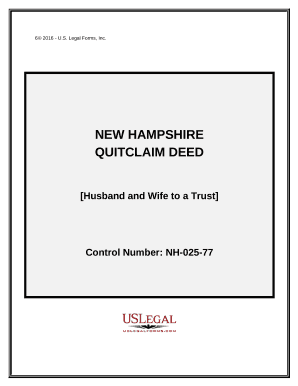
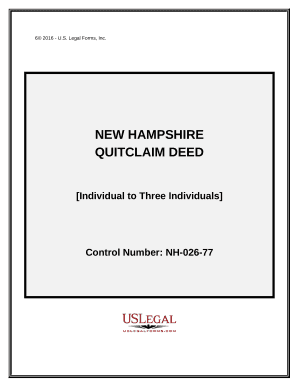
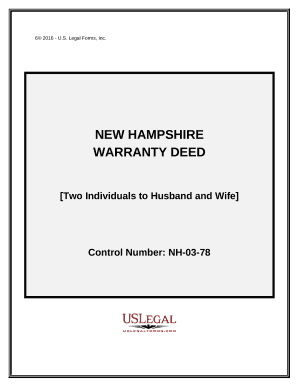
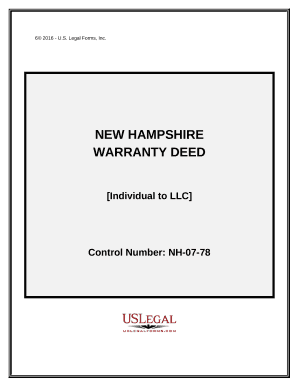
Speed up your file management with the New Hampshire Property Deeds library with ready-made form templates that suit your needs. Access your document template, modify it, complete it, and share it with your contributors without breaking a sweat. Begin working more effectively together with your forms.
The best way to manage our New Hampshire Property Deeds:
Examine all the opportunities for your online document management using our New Hampshire Property Deeds. Get a free free DocHub account right now!